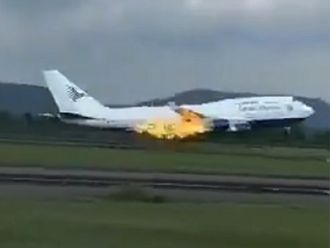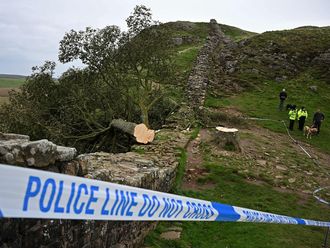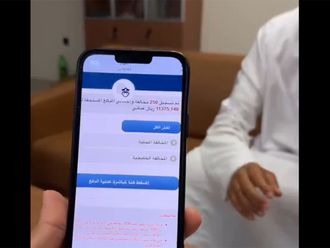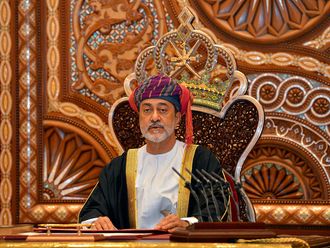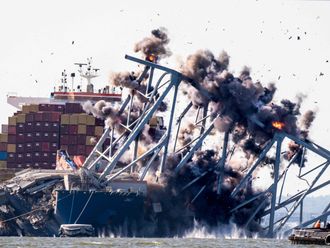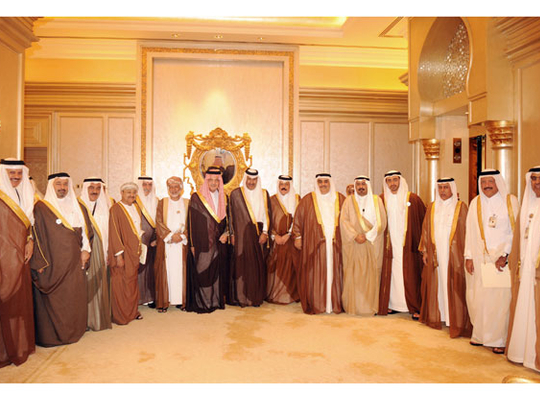
Abu Dhabi: GCC leaders on Tuesday praised Saudi King Abdullah Bin Abdul Aziz's initiative to invite Iraqi leaders to a meeting under the auspices of the Arab League.
The GCC Supreme Council renewed its call to respect the unity and territorial integrity of Iraq, non-interference in its domestic affairs and preservation of its Arabic and Islamic identity.
The council affirmed that security and stability in Iraq needed to be speeded up and comprehensive national reconciliation should be achieved in the war-torn country.
Doha agreement
The council emphasised the need for Iraq to implement UN Security Council resolutions, including the maintenance of border demarcation signs, identification of prisoners of war and missing persons and return of assets and national archives of Kuwait.
It urged the United Nations and other organisations to continue their efforts towards meeting all obligations. The council renewed its support for completing the Doha agreement among different Lebanese groups under the patronage of Qatar's Emir Shaikh Hamad Bin Khalifa Al Thani.
It also emphasised the issues agreed upon by the Lebanese sides in the Taif Accord and praised the efforts being made by the government of Lebanon to enhance security and stability there.
The council urged all Lebanese parties to act responsibly and reach a consensus through constructive dialogue, far from the tone of tension and escalation and away from any external interference.
The council lauded the historic visit of King Abdullah and Syrian President Bashar Al Assad to Lebanon, as well as the visit by the Emir of Qatar .
The council welcomed the progress in the Darfur peace process following the framework agreement signed in Doha by the Sud-anese government and the armed movements under the patronage of the Emir of Qatar.
Darfur reconstruction
Shaikh Hamad was also commended for his initiative to establish a $2 billion (Dh7.3 billion) bank for development in Darfur in promotion of the peace process, development and reconstruction.
The council expressed solidarity with the Republic of Sudan, brushing off procedures taken by the International Criminal Court (ICC) about the conflict in Darfur.
It also expressed rejection of the accusations made by the ICC against President Omar Al Bashir of Sudan.
On the referendum agreed as per the Naivasha agreement in 2005 that helped halt the war in South Sudan, the Council said it was looking forward to seeing the referendum carried out on a mutually accepted ground to maintain security and stability of Sudan.
The Council welcomed Kuwait's initiative to host an international conference for reconstruction of eastern Sudan.
It also welcomed the outcome of the conference and the pledges made by Arab and international donors and investors to support development schemes there.
The Council reiterated support to the security, stability and unity of Somalia.
It also expressed support to the President-elect Shaikh Sharif Ahmad and his legitimate government, calling on all parties in Somalia to cooperate, to mend fences and to seek the interests of the Somali people as a means to end their suffering and to achieve peace across the country.
The Council affirmed support to the Pakistani people in these difficult times caused by floods. It called on the international community to offer all kinds of aid and humanitarian relief to fix the damage in that country.
With additional inputs from WAM


